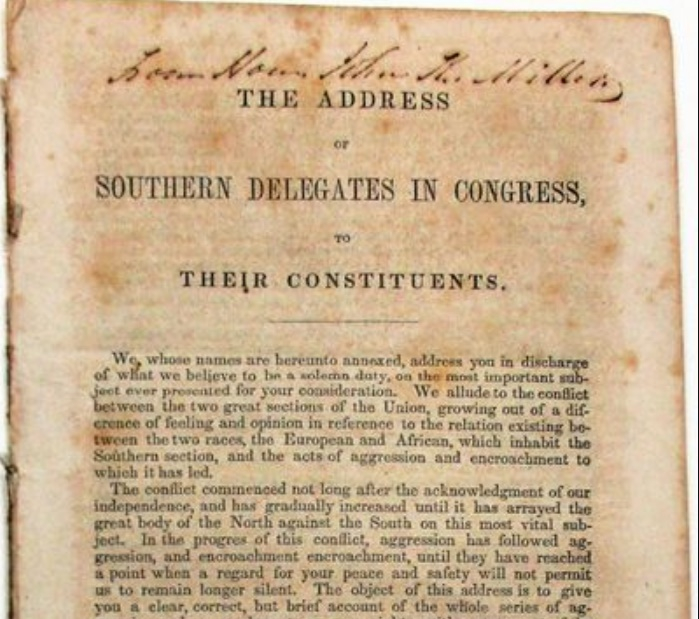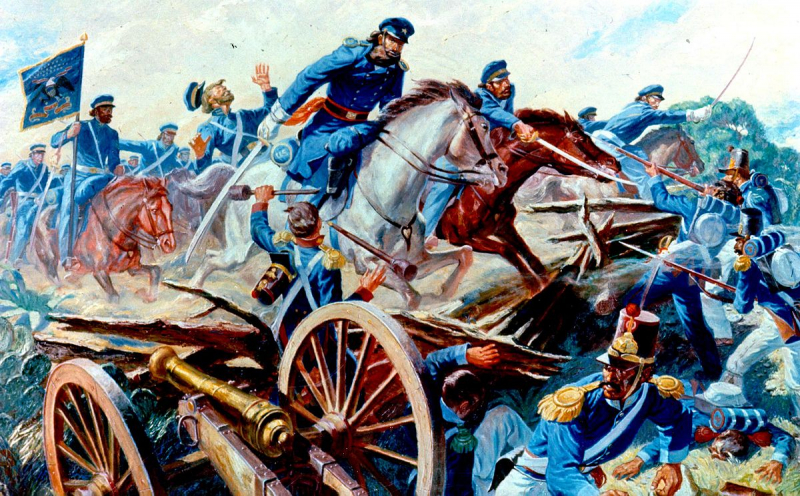Calhoun was opposed to the War with Mexico
One of the interesting facts about John Caldwell Calhoun is that Calhoun was opposed to the War with Mexico. Calhoun continuously opposed the War with Mexico, believing that a larger military effort would only feed the public's worrying and growing desire for empire, inflate executive powers, and patronage, and load the republic with a ballooning debt that would upset economics and encourage speculation. Calhoun was also concerned that Southern slave owners would be barred from captured Mexican areas, as was nearly the case with the Wilmot Proviso. He contended that the conflict would result in the annexation of all of Mexico, bringing Mexicans into the country who he regarded morally and intellectually weak.
Anti-slavery Northerners saw the war as a Southern plot to expand slavery, while Calhoun saw it as a Yankee plot to destroy the South. By 1847, he had concluded that the Union was in peril from a completely corrupt party system. He argued that politicians in the North pandered to the anti-slavery vote, especially during presidential campaigns, and politicians in the slave states sacrificed Southern rights to appease the Northern wings of their parties. As a result, the important first step in any successful assertion of Southern rights has to be the abandonment of all party affiliations. Calhoun attempted to add substance to his appeal for Southern unity in 1848-49. He was instrumental in the creation and distribution of the "Address of the Southern Delegates in Congress, to Their Constituents".
Many Southerners took his warnings seriously and regarded every political news report from the North as proof of the premeditated annihilation of the white southern way of life. The victory of Republican Abraham Lincoln in 1860, a decade after Calhoun's death, led to the secession of South Carolina, followed by six other Southern states. They established the new Confederate States, which, according to Calhoun's thesis, lacked structured political parties.







